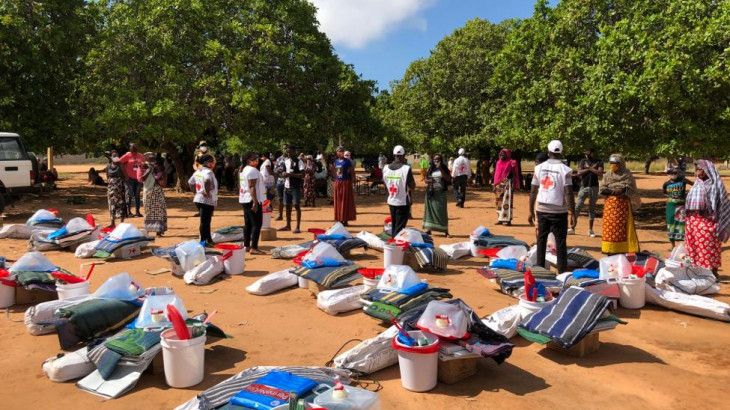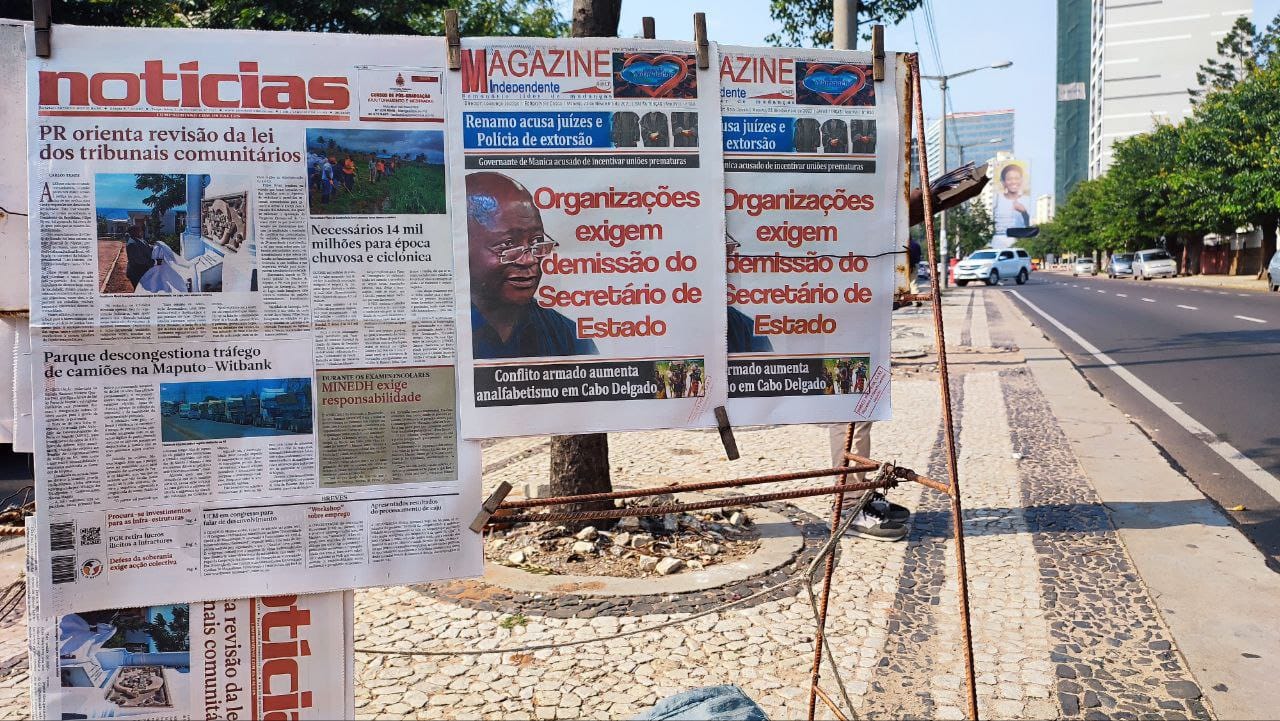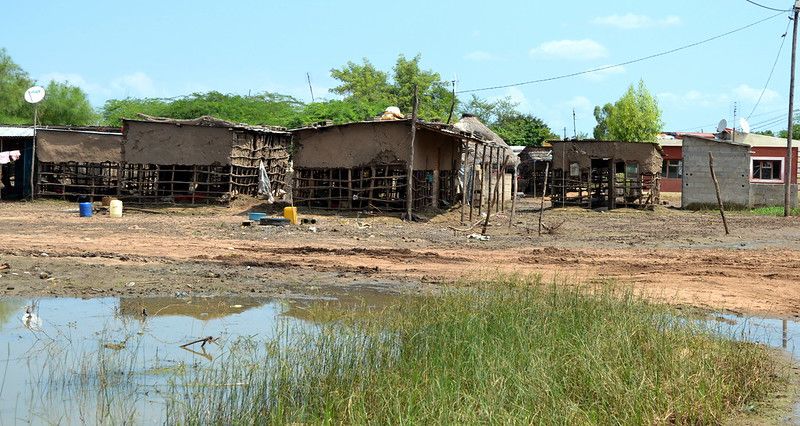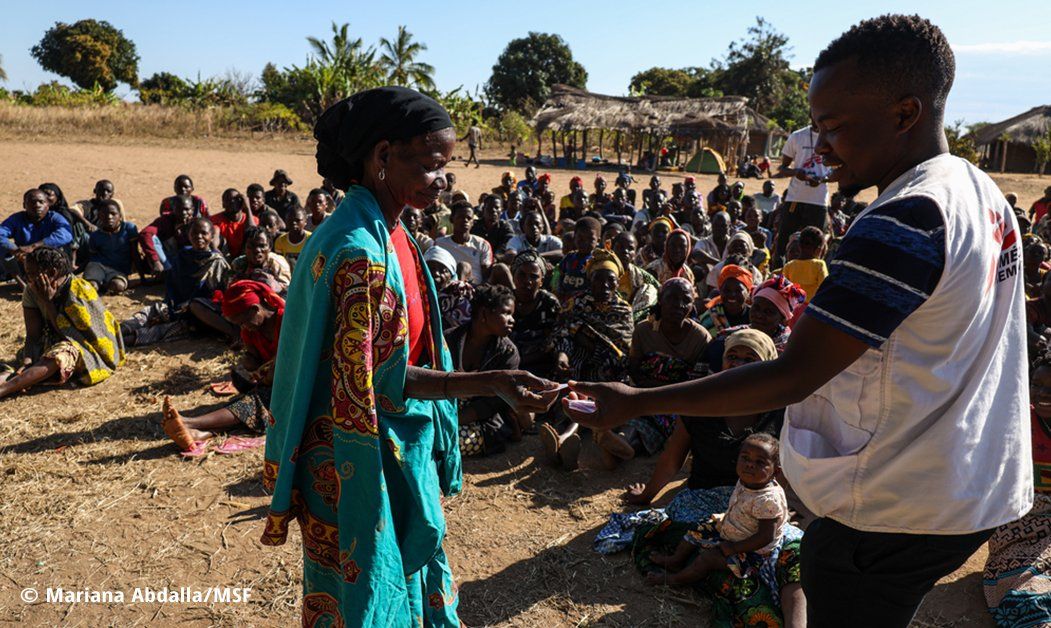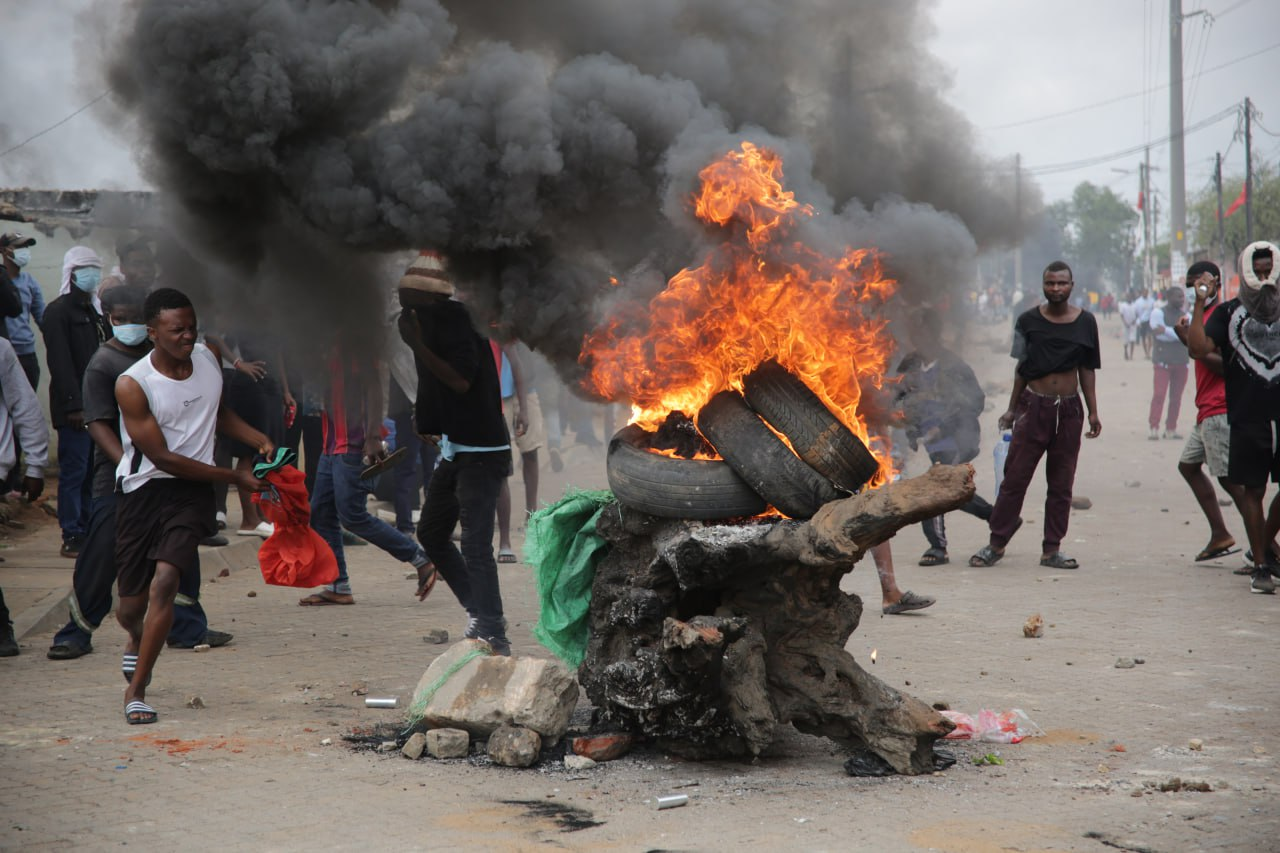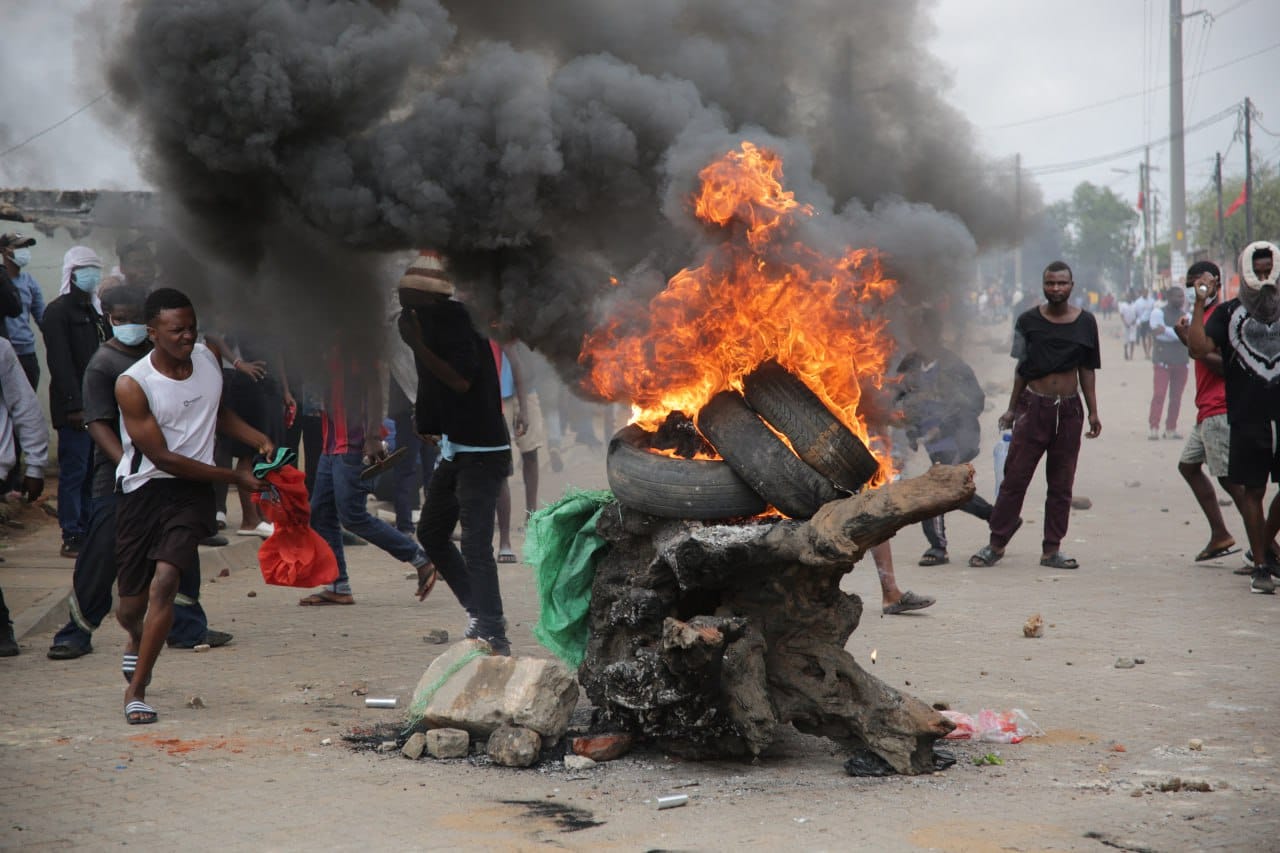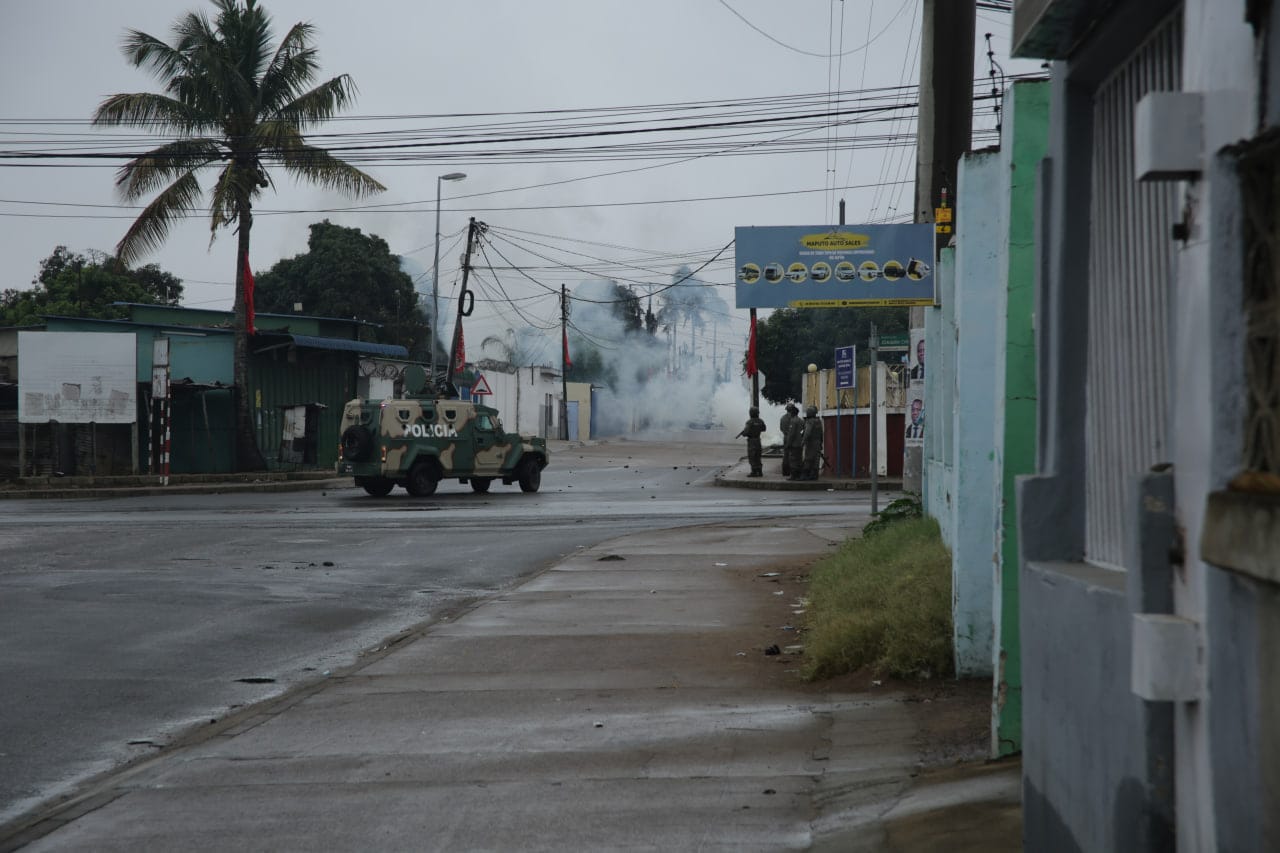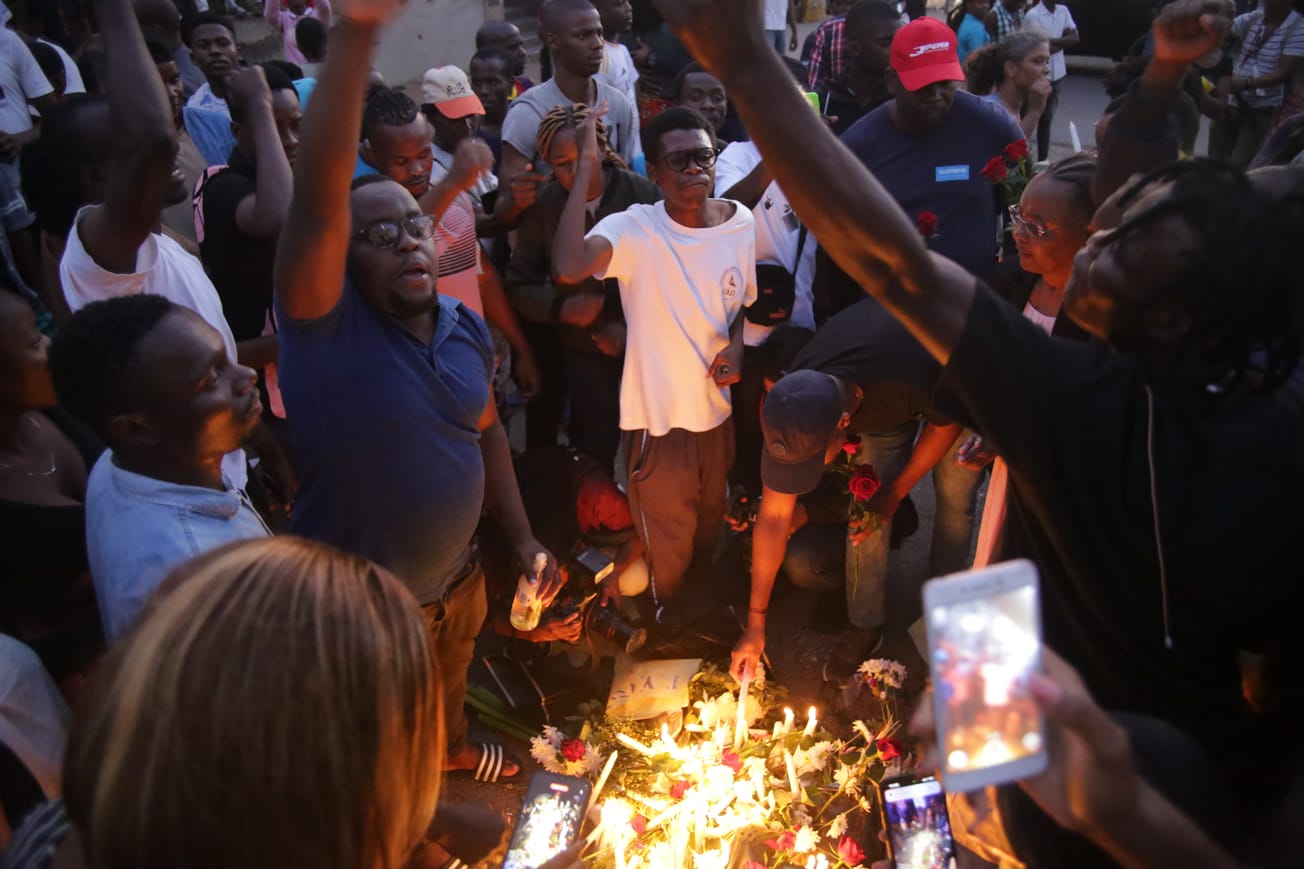The village of Pangane on the coast of Cabo Delgado’s conflict-hit Macomia district is home to increasing numbers of refugees fleeing the islands off the coast of the disputed port town of Mocímboa da Praia — putting pressure on scarce local food supplies.
Refugees have been arriving on sailboats and even canoes over the last two weeks in which islands such as Nhonge and Muichanga, which had been hosting refugees from Mocímboa da Praia, have reportedly been attacked by insurgents.
Nome Momade, a resident of Pangane, said 14 passenger boats have arrived in the last few days, of which only four continued their journey to the provincial capital of Pemba. Of those who arrived on the other ten, some moved inland to the town of Macomia, but many have stayed in Pangane — where they frequently beg for food from locals.
Another source in Pangane reckons there are 5,000 people there in need of food aid — including arrivals from nearby villages, such asIngoane, Simbolongo, and Nacututo, as well as locals who are suffering from hunger.
The village is so busy it now resembles Macomia town, the capital of the district, before it was attacked at the end of May, Momade said. Meanwhile In Pemba, an eyewitness told Zitamar he had seen more than 1,000 refugees arrive by boat in the last week — a number corroborated by a local humanitarian agency source.
Families are arriving in Pemba “exhausted and traumatized after leaving their homes with few or no possessions, with more expected to possibly arrive in the coming weeks who fled recent attacks in Mocímboa da Praia and other parts of the province,” the International Committee of the Red Cross (ICRC) said in a press release on Wednesday, announcing the opening of a new covid-19 treatment centre in Pemba — the largest such centre in the country.
"People fleeing armed conflict in Mozambique are trading this life-threatening danger for the risk of covid. The new treatment centre will help the community respond to the health crisis, but these families cannot return until the fighting moves away from civilian homes," said Raoul Bittel, the head of ICRC's operations in Pemba.
Island attacks
Insurgents and government’s armed forces fought for several days in August in and around the town of Mocímboa da Praia, and by 11 August insurgents had taken control of the port, according to multiple reports. The government has never confirmed whether it lost control of the port, but on 13 August, the defence minister said his forces were “trying to control” the situation. The town is now largely deserted by its civilian population, who fled to places like Nkomangano, a coastal fishing village to the north east of the town.
Since then, insurgents have used boats to launch raids on islands off the coast of Mocímboa da Praia, refugees arriving in Pemba told Zitamar. The increasing attacks over the past three weeks are making boats more reluctant to call at the islands to pick up refugees as they sail south to Pemba, they said.
On the weekend of 22-23 August, insurgents landed on Nhonge, just off the Ulo peninsula, and decapitated seven men, a source told Zitamar, after arriving in Pemba last week. While the source did not witness the attack first hand, the dhow she was sailing on from the island of Vamizi called in at Nhonge on its way south, where she was told of the attack.
The insurgents also abducted 10 people on that occasion, according to that source — although another source, who was told of the incident, put the number of abducted at 29.
On another occasion, in the week of 17 August, insurgents captured a boat taking people from Nhonge to Pemba, according to a family member of a person on the boat. The insurgents approached on a motor boat, which they used to tow the sailboat to shore, where they killed the boat’s owner on the grounds of his being an unbeliever — and not allowing them to marry a girl from his family.
In addition, on 13 August, a group of unknown armed men on two boats bombed two dhows carrying refugees from the coastal village of Nkomangano, just to the north of Mocímboa da Praia, to Nhonge, according to a report in Mediafax. One of the boats sank, killing as many as 40 people, according to Mediafax’s report. The other boat made it back to the mainland, from where some of the survivors proceeded to travel on land to the town of Palma.
This article was produced by Zitamar and Mediafax under the Cabo Ligado project, in collaboration with ACLED and with support from Crisis Group. The contents of the article are the sole responsibility of Zitamar News.

